AARP Hearing Center

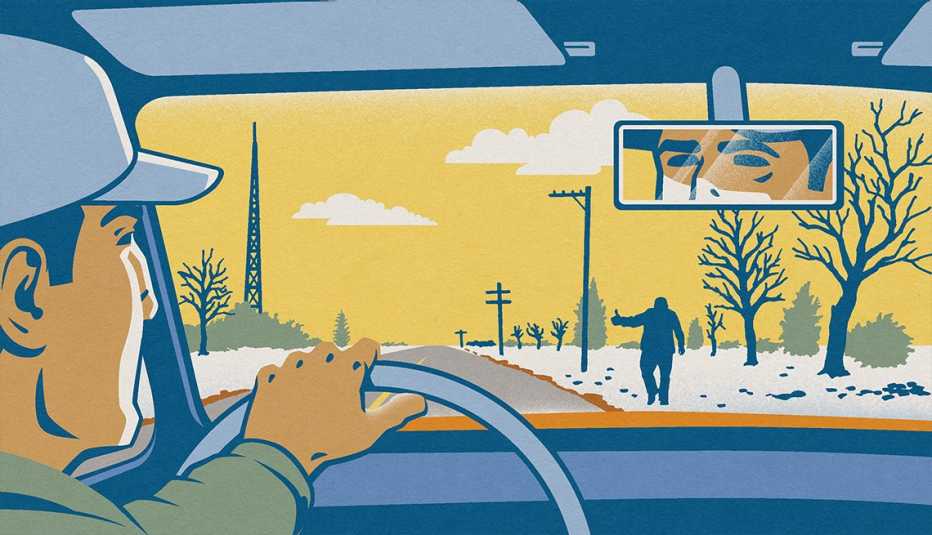
9
To Swipe or Not to Swipe
Alan and I spent the half-hour drive from Suttons Bay to Traverse City with me trying to bring Alan up to speed on all the events of the past eight years—not easy to do when you’re from Kalkaska, where nothing ever really changes, pretty much cut off from the rest of the world, where everything does.
As I pulled up in front of Maureen’s bank, he was saying, “This explains why my house wasn’t there, and my office. Don’t you see, Ruddy? I’m not crazy!”
“Oh, don’t worry, Alan. Of all the possible explanations for what is going on, it never once occurred to me that you might be crazy,” I assured him. I gazed at the bank. Jake sat up and looked around, then eased back down with a “You handle this one, I’m going to nap” expression.
I stroked Jake’s back and he gave me an encouraging moan. I stayed silent until Alan calmed down, my eyes on the bank so he’d know I was in the mood for a change of subject.
“So what’s your plan here, more veiled threats?” Alan finally inquired.
“Thanks for your support, Alan.”
“Did you see how she reacted when you talked about Jimmy? Why don’t you try appealing to her maternal nature again; that seemed to work better than anything.”
“Excuse me, did I ask for your help, here? Do I poke my nose into your business? Do I tell you how to be a ghost?” I opened windows for Jake.
Alan was still muttering as I entered the bank and asked for Maureen. I was escorted back to her office. Her face darkened a little when she saw me standing in her doorway. She finished her telephone conversation and hung up, motioning me in. “Hello, Mr. McCann.”
“Call me Ruddy,” I beamed, oozing charm.
She was shaking her head, opening drawers to indicate how busy she was. “I told you on the phone I can’t help you further. There’s nothing more I can tell you.”
“Poor Jimmy, this is going to ruin him,” I said mournfully.
She wouldn’t meet my eyes. “Well, I’m sorry,” she stated in clipped tones. She half rose in her chair, as if to indicate the meeting was over. So much for her maternal instincts.
I was opening my mouth to say something about going to the newspapers, because that’s what always seems to work for people on television shows, when Alan interrupted me. “Ask her why she is afraid.”
I bit back my irritation. “Maureen.”
She finally looked at me.
“Why are you afraid?”
Her gaze turned inward for a moment, and then she sat back down in her chair, heavily, as if the burden of it all was just too much. Very slowly, watching her hand as if it belonged to another person, Maureen opened a drawer and pulled out a card. “This is an invitation to a party next month. It is at Mr. Blanchard’s house. He’s the president of the bank.” She handed it to me. I opened it and saw what Maureen had seen.
“It’s the same handwriting,” Alan observed excitedly.
The signature was much more legible but obviously from the same hand as what I’d seen deliberately smudged on the starter checks. “Please be our guest,” the invitation began. It was signed, “Alice Blanchard.”
“She worked here over Christmas when one of the gals was having a baby. She signed up new accounts. She issued the starter checks.”
“And took some for her own use, voiding them out.”
“It appears so.”
“And sent them to Jimmy Growe.”
Maureen was silent.
“Why?” I asked aloud, but I could see she had no idea. Alan was quiet, probably pondering the same question.
“Sooner or later you would have found out,” Maureen finally suggested. She leaned forward. “I mean, you would have gone to court and demanded we turn over our records anyway, right? I just saved us the trouble of going through that.”
“Of course.”
“Ruddy, you won’t tell Mr. Blanchard how you found out, will you?”
“Never, Maureen. You have my word. Absolutely not,” I told her, meaning it. “May I keep this card?”
She nodded wordlessly. I assured her again that I would never betray her confidence and left.
“This is really bizarre. The bank president’s wife? What’s going on?”
“I don’t know, why don’t we go ask her?” I suggested, sliding into my truck and starting the engine.
The Blanchards’ house was exactly what I would have expected for a bank president in a small town: very nice, not too flashy, and well kept, with a large front porch that creaked when I walked across it to the thick oak door. I liked the place, but Jake seemed unimpressed, though he did consent to follow me to ring the bell, which chimed but summoned no one.
“Try it again,” Alan suggested, so instead I lifted the brass door knocker, heavy as the clapper on the Liberty Bell, and let it fall several times, loud booms echoing throughout the empty house. When I turned to leave Jake gave me a “you woke me up for this?” expression. “Sorry, buddy,” I told him.
“You’ve got the wife of the bank president stealing starter packets of checks and sending them payable to Jimmy for a thousand dollars each,” Alan reflected as we got back into the truck.
“She didn’t exactly steal them. She lined them out in the log.” I pulled away from the curb.
“Right, okay, but the point I’m making is that she took them and now she’s sending them to Jimmy.”
“I get that, Alan.”
“I’m just reviewing the facts of the case,” he huffed, sounding offended.
I didn’t bother to tell him that repo men don’t have “cases.” “Don’t get your shorts in a wad, I’m just saying I know this. I just don’t have any idea why someone would do something like that.”
“In a ‘wad’? What a vile expression.”
“Okay, fine. Right.”
We drove in silence for a bit, and then I felt him leave, like shutting off a lamp. “You asleep, Alan?” I asked softly. He didn’t respond. I decided I was thankful he didn’t snore.
I dropped Jake off at home and then, putting my health at risk in order to demonstrate my loyalty to sister Becky, I had lunch at the Black Bear. She put a tuna sandwich down in front of me and then cocked her head at me. “What?” she asked. “Why are you looking at me like that?”
“You just seem different. Are those new glasses or something?”
“No,” she responded scornfully.
I stared at her until she blushed. “Like a haircut or something? Tattoo? Boob job?”
“Ruddy.” She slapped her dish towel in the air as if to whip me with it.
“Well, anyway. Thanks for the maid service; you didn’t have to do that. Place looks great.”
She turned and surveyed the bar, her face puzzled.
“Not here, you goof. My living room,” I teased.
“What do you mean?” she asked innocently.
I smiled at her. It’s against Becky’s nature to take credit for anything— she could win the Nobel Peace Prize and she’d decline to accept it because she’d insist there were other people more deserving.
“I’ve never seen your sister with makeup; she looks nice,” Alan observed, coming awake.
“Makeup!” I shouted triumphantly.
Becky’s expression turned cold for some reason.
“I mean, you look great, Becky. I like your makeup.”
“I wear makeup all the time,” she declared frostily. She spun on her heel.
“Wonderful. Thanks a lot, Alan,” I muttered.
“What did I do?”
I didn’t respond because I wasn’t actually sure. “How come you keep falling asleep?” I inquired, switching subjects. “You’re like a loose lightbulb, always flickering on and off.”
“I don’t know, it just happens. It’s not like falling asleep in a bed, where you make a conscious decision to lie down. It just overtakes me whether I want it to or not.”
“Maybe you’re depressed,” I speculated.
“I am not depressed.”
“You sure? I know I’d be depressed if I didn’t have a body or any proof that I’d ever existed except as the paranoid inner voice of a repo man.”
Alan made an exasperated noise. I noticed Becky watching me from across the room and realized that though she couldn’t hear me, she could see my lips moving, so I stood up and nodded at her before leaving the Black Bear. Outside it was cold; my breath a frosty cloud. I shoved my hands in my coat pockets. “Are we going to do spring this year? Like, ever?”
With no repo business on hand, I let Alan talk me into driving back to East Jordan to revisit the issue of his past, now that he was claiming he’d been dead eight years. I agreed with him that yes, houses and office buildings can be torn down in that amount of time, though it seemed pretty coincidental for it to have happened.
“So where have you been all this time, Alan? Eight years.”
“I don’t know.”
“I mean, what happened? You died, you were murdered, and then what?”
“I don’t know.”
“How could you forget something like that?” I fretted.
“I didn’t forget, I mean I don’t know. It’s like there’s a big blank. I have no sense of the passage of time.”
“But you must have gone somewhere,” I argued. “Did you see God? Other ghosts? Other Realtors? I’m serious—if this is true, you hold the answer to the most important question in the history of our species!”
“If what is true?” he demanded suspiciously. “You mean, me? You still have doubts?”
“Come on, Alan, you want me to believe you’ve been asleep for eight years? Nobody’s that depressed.”
“I’m not saying that. I’m saying I don’t know.”
“If you really are Alan Lottner, if you really have come back from the dead, it proves once and for all what millions of people have believed—that there’s life after real estate.”
“I do not understand your persistent refusal to acknowledge my existence,” Alan said coldly, speaking over my laughter.
I shook my head in dismay. How do you convince your split personality that he’s not real?
“Well, there’s something I didn’t expect to see.” I slowed down a little. Kermit Kramer was walking along the opposite side of the county highway, kicking at the piles of snow. His thumb was raised in a pathetic bid to hitch a ride, too lazy to turn around and face traffic the way you were supposed to. He lifted his eyes and stared at me as I drove past. I stared back. “Now what the heck is he doing fifteen miles north of Kalkaska, hitchhiking?”
I flipped the truck around and drove back. Kermit had resumed his trudge, but turned at the sound of my approach. I stopped and he seemed to hesitate, as if afraid to get in the truck.
I rolled down the window. “I know you’re not supposed to accept rides from strangers, but you’ll be safe, I promise.”
He slouched onto the seat, his hand resting on the door’s handle after he pulled it closed. I steered back onto the highway and headed toward Kalkaska.
“We’re still going to East Jordan though, right?” Alan demanded. I ignored him.
“So what are you doing out here, Kermit?” I asked curiously.
Kermit looked really unhappy with my question. “I had to hitch back from outside Mancelona. I couldn’t get any cell phone signal.”
Mancelona is a tiny town midway between Kalkaska and East Jordan. “You’re kidding! You walked what, two miles in this cold? What were you doing in Mancelona?”
Kermit sighed. “My uncle Milt dropped me off up in































































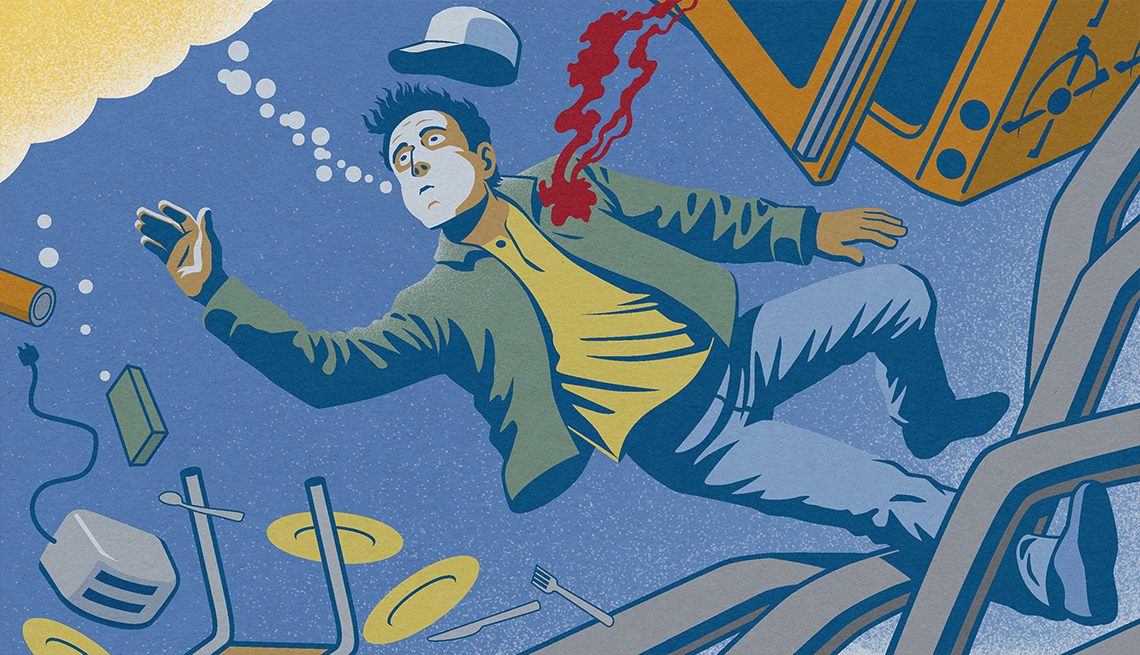
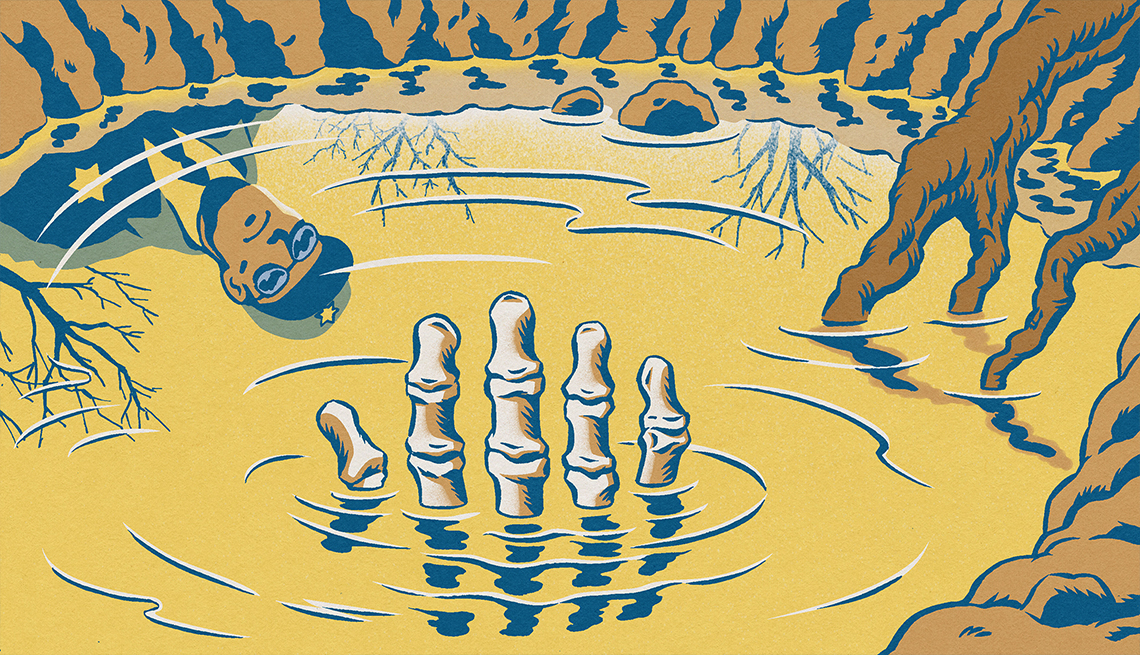
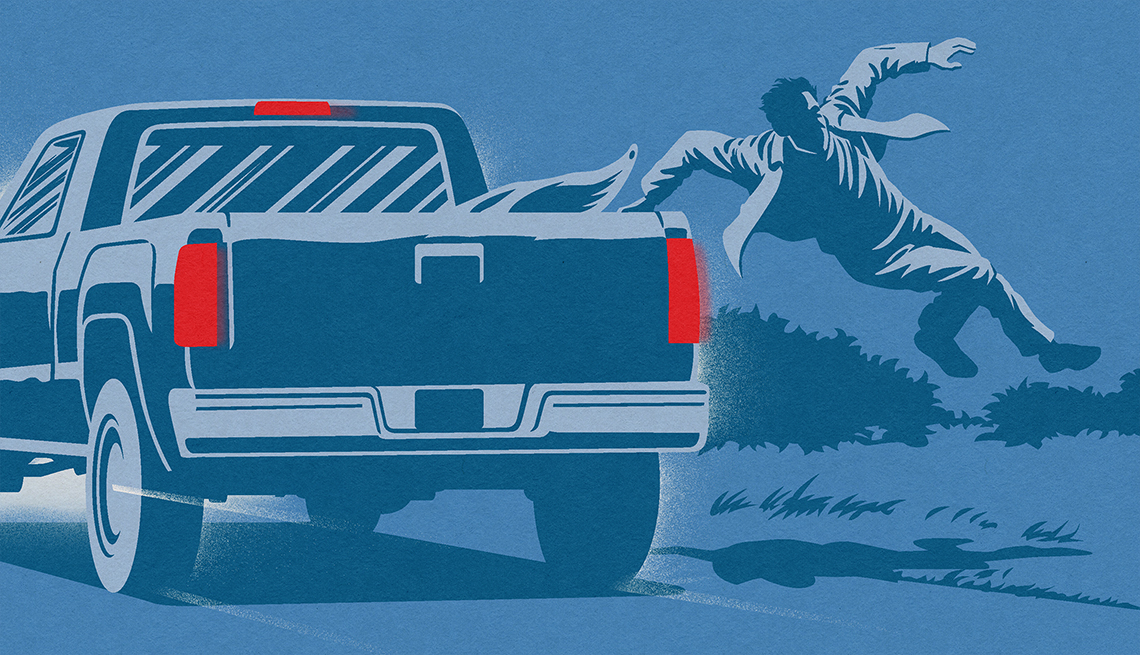
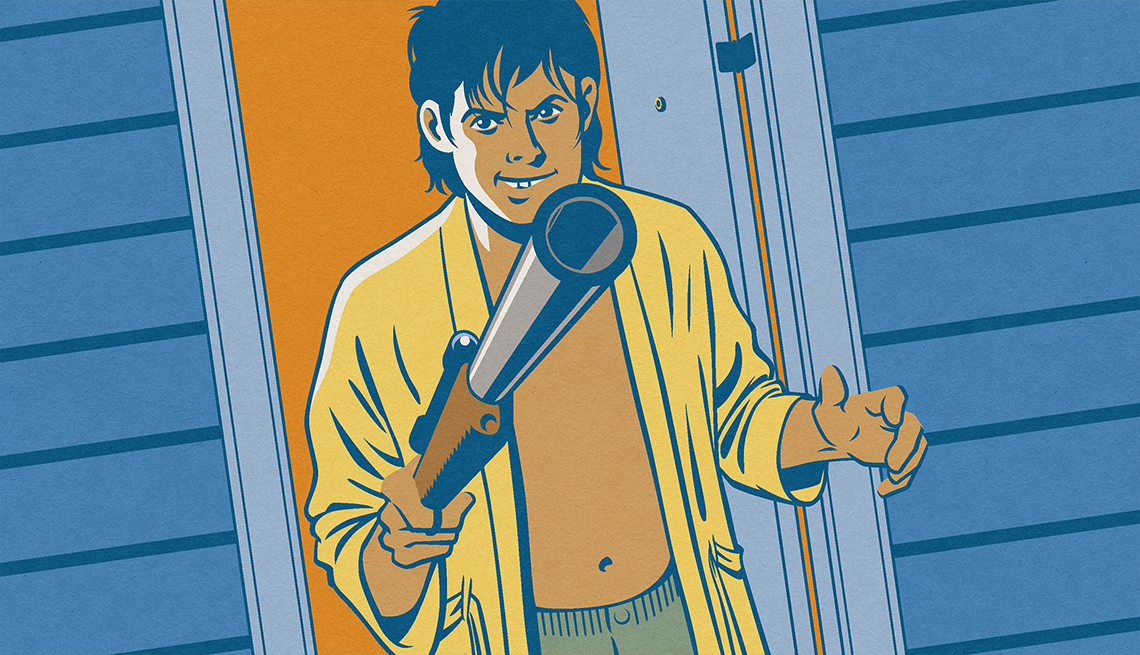
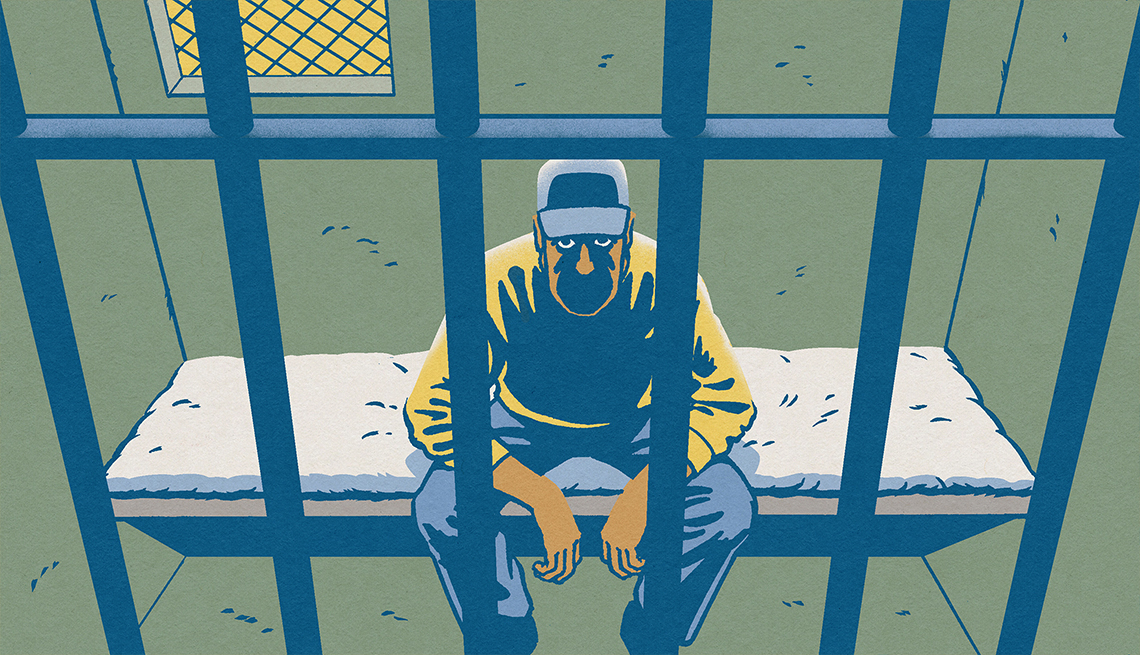
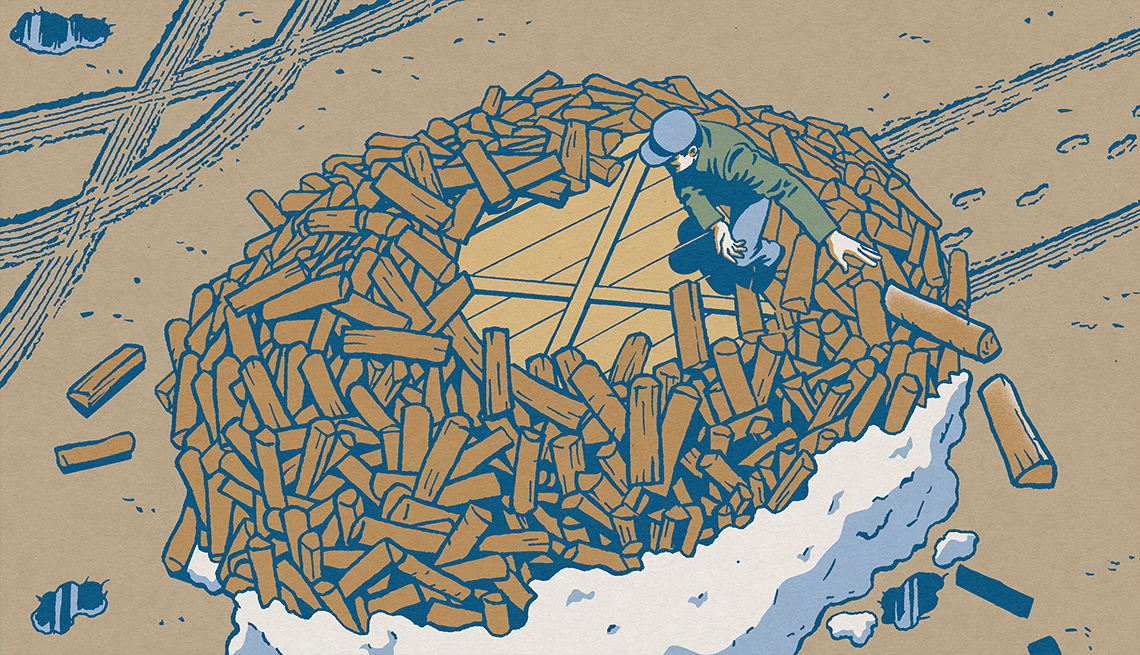
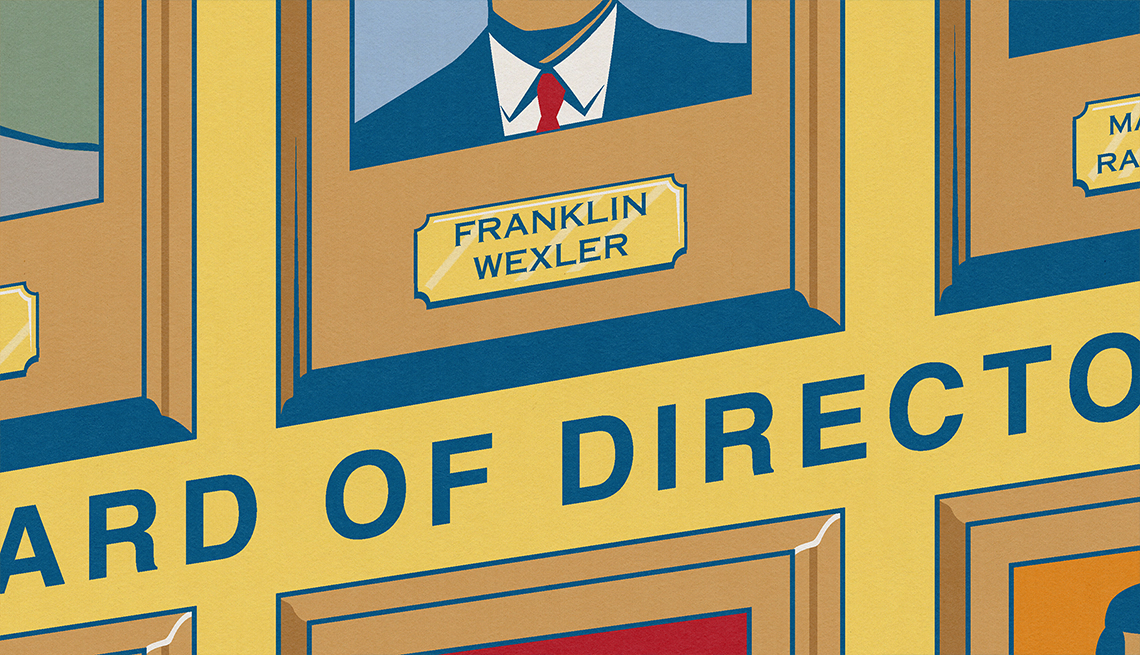
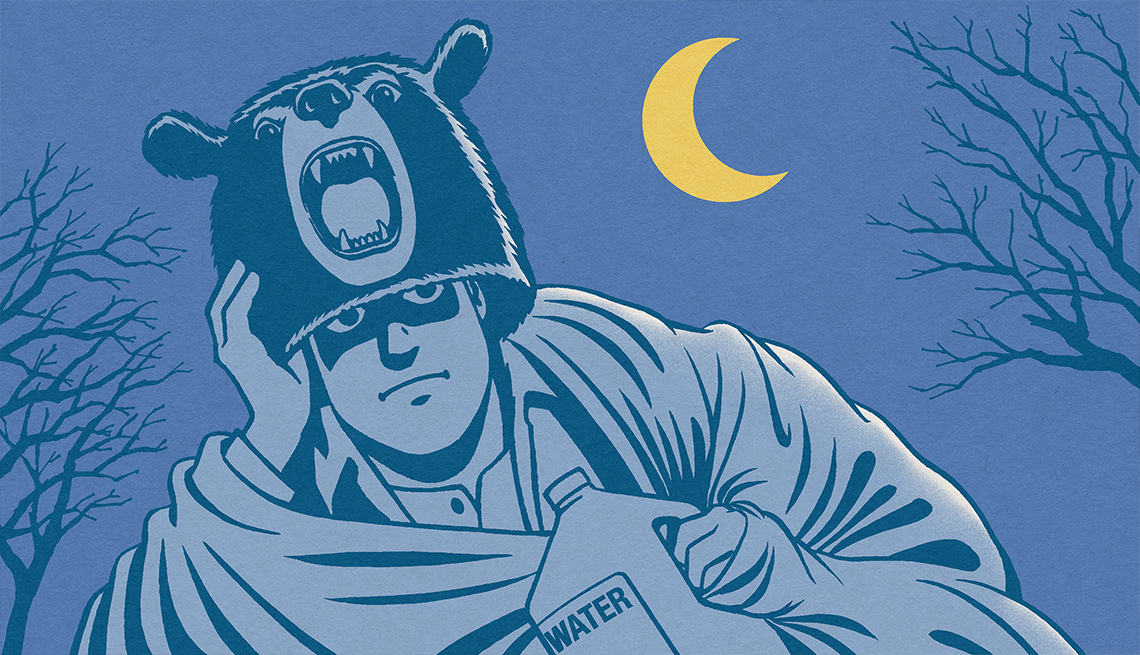

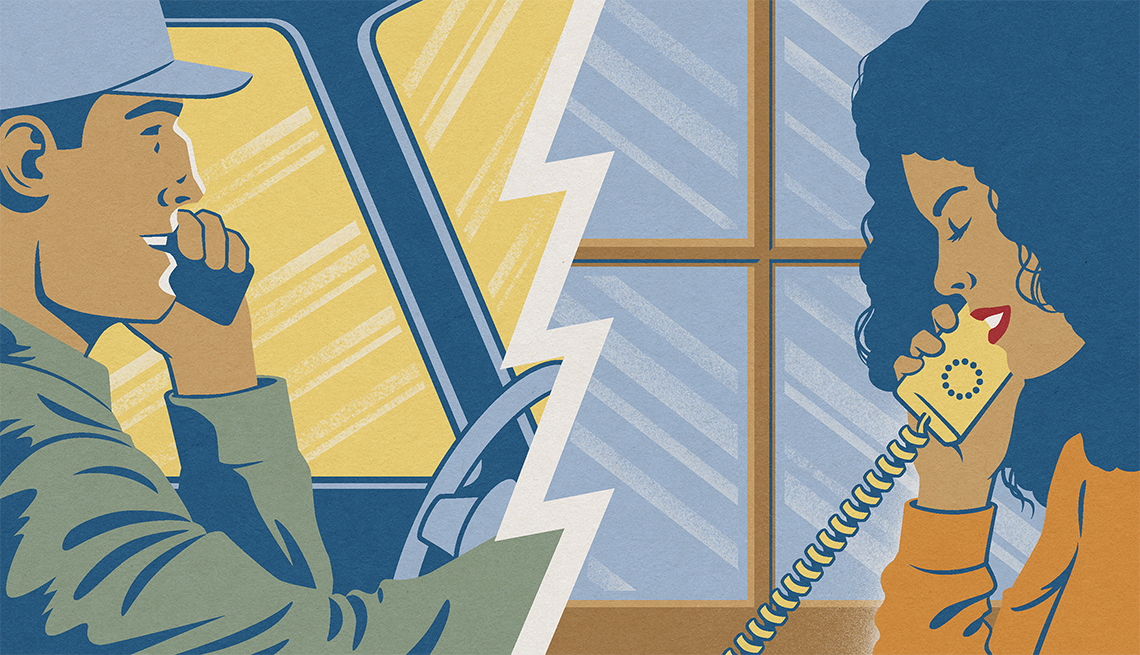
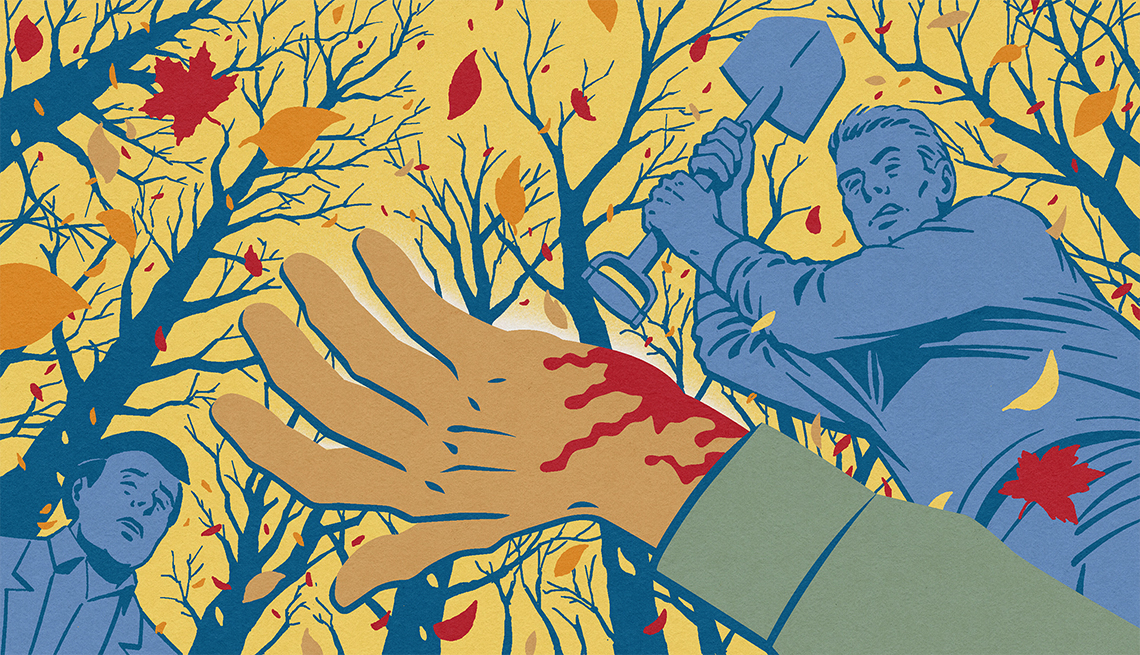
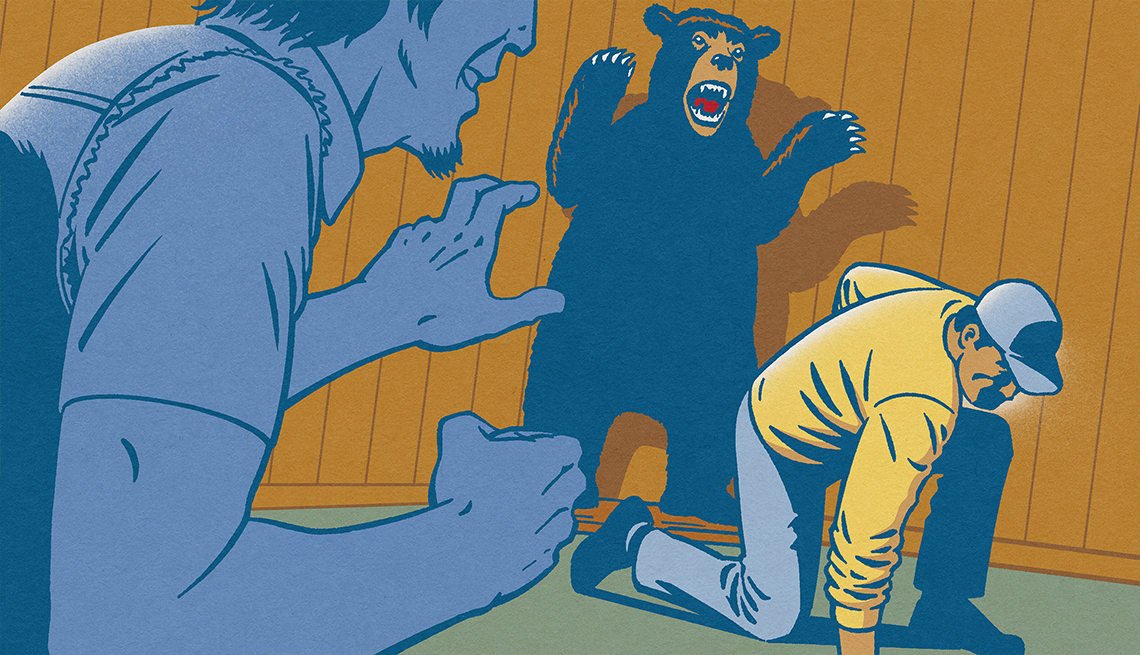

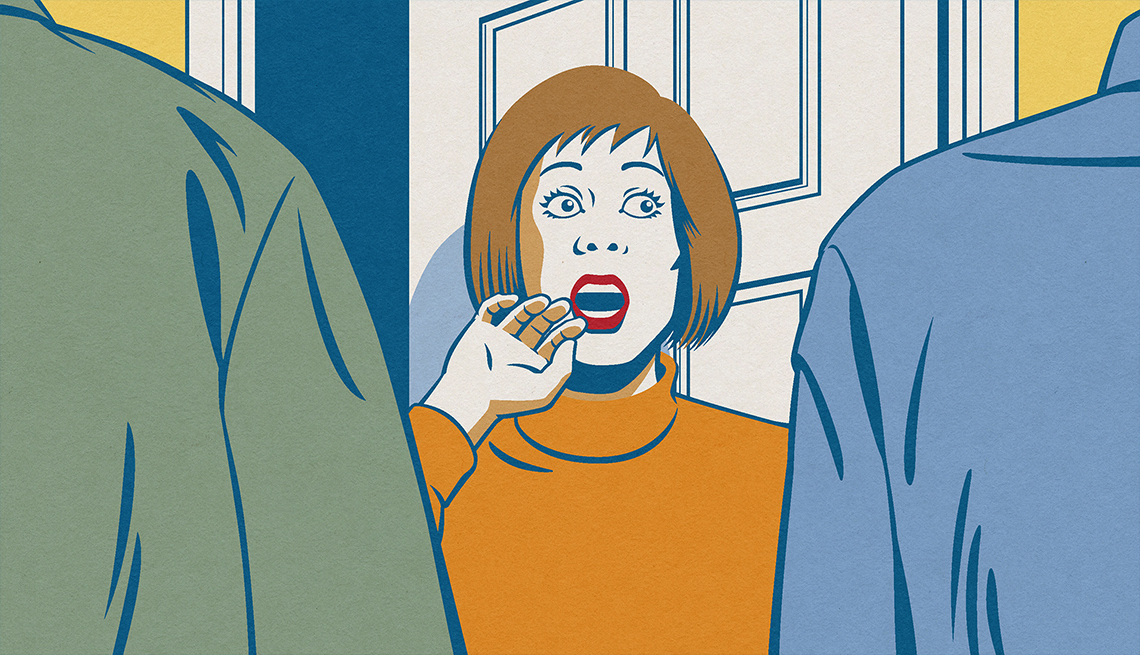
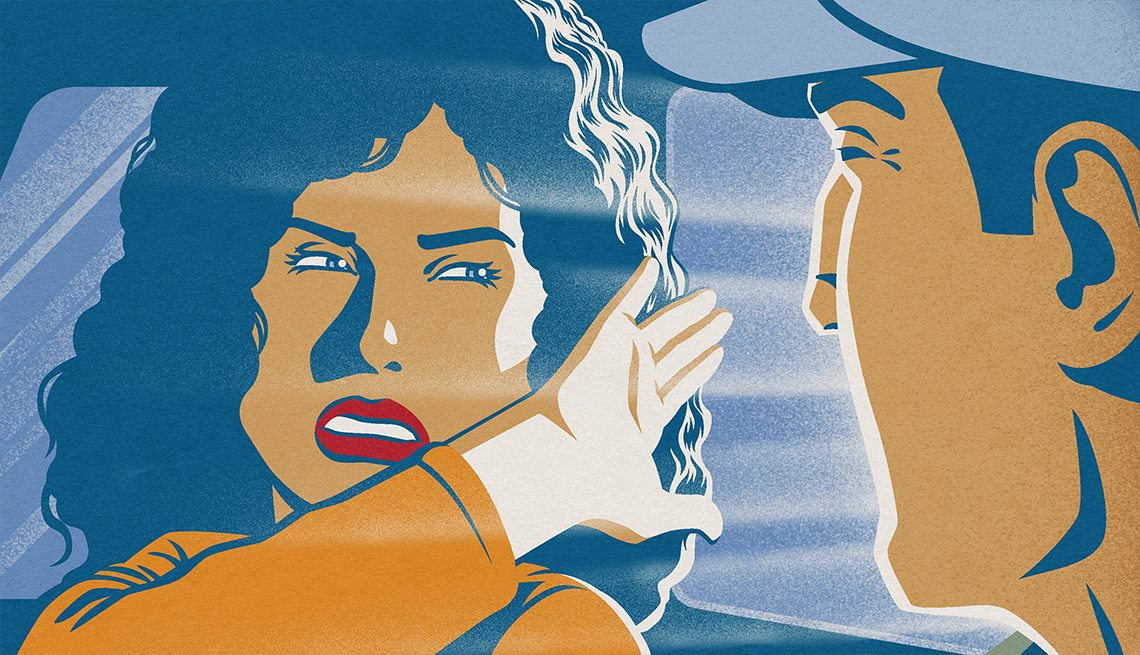
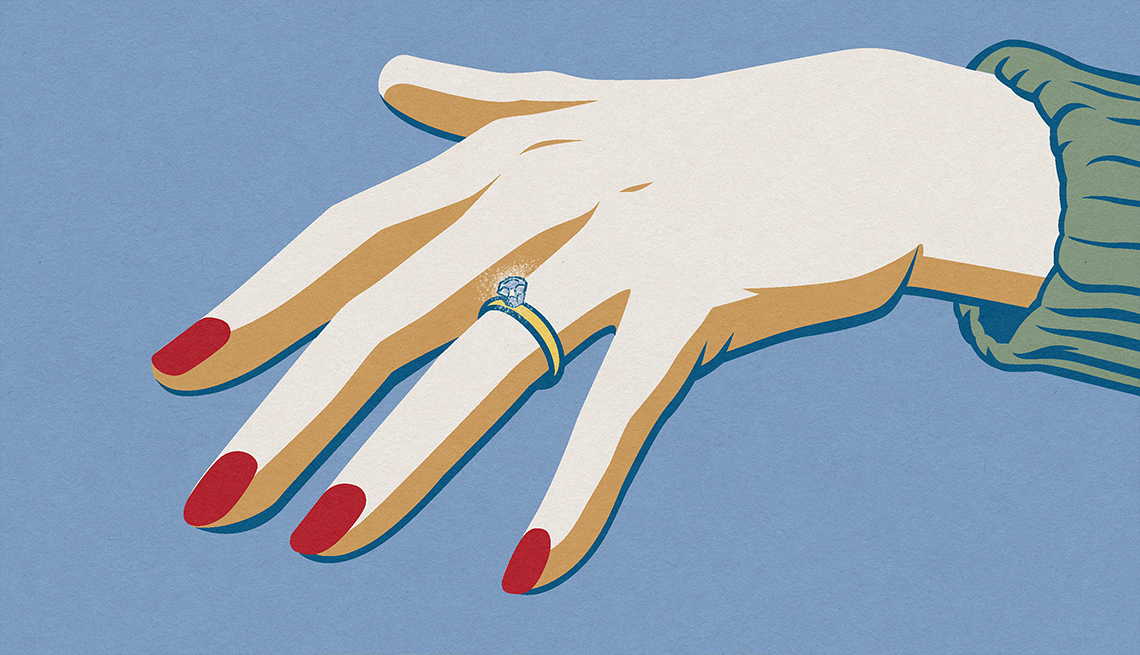



More From AARP
Free Books Online for Your Reading Pleasure
Gripping mysteries and other novels by popular authors available in their entirety for AARP members